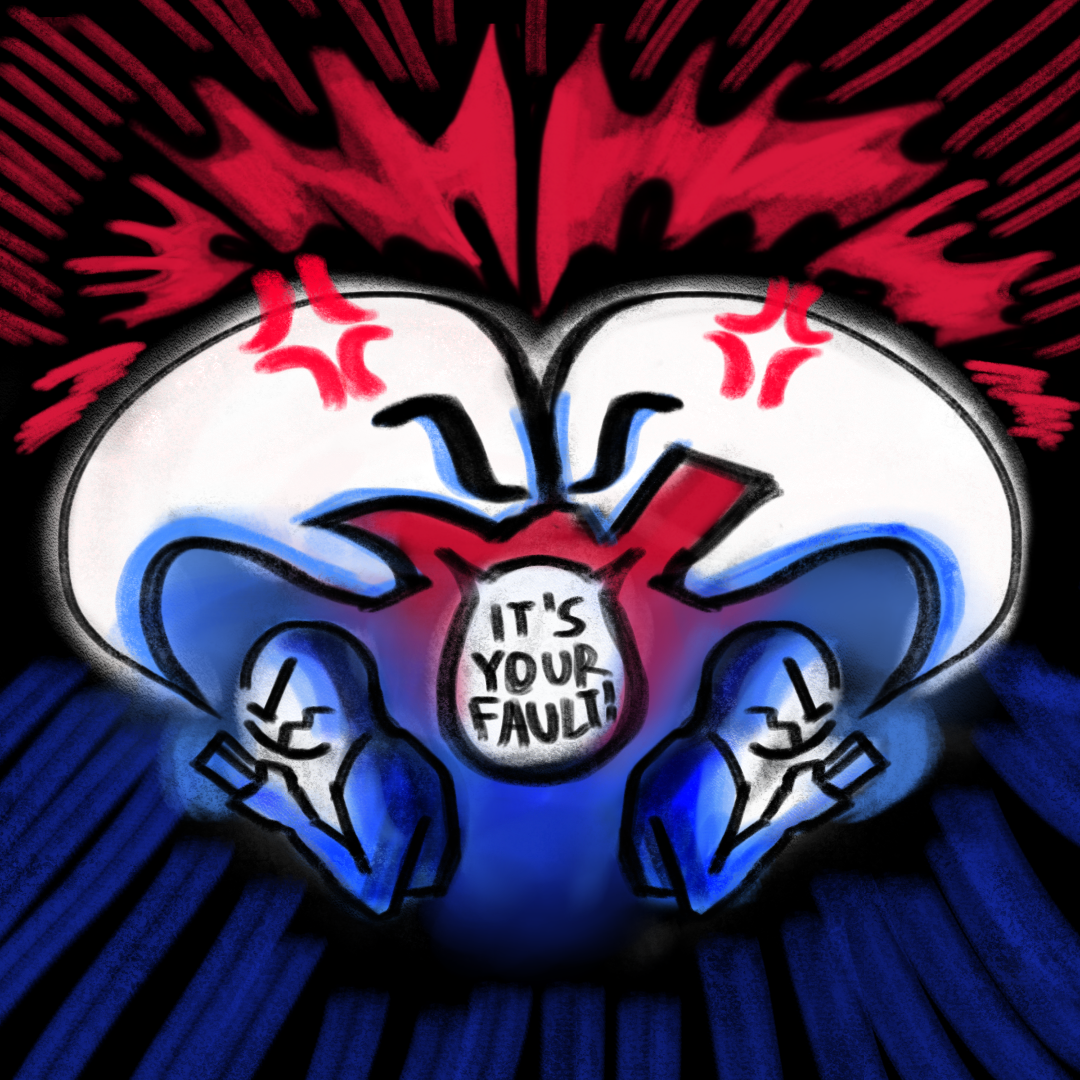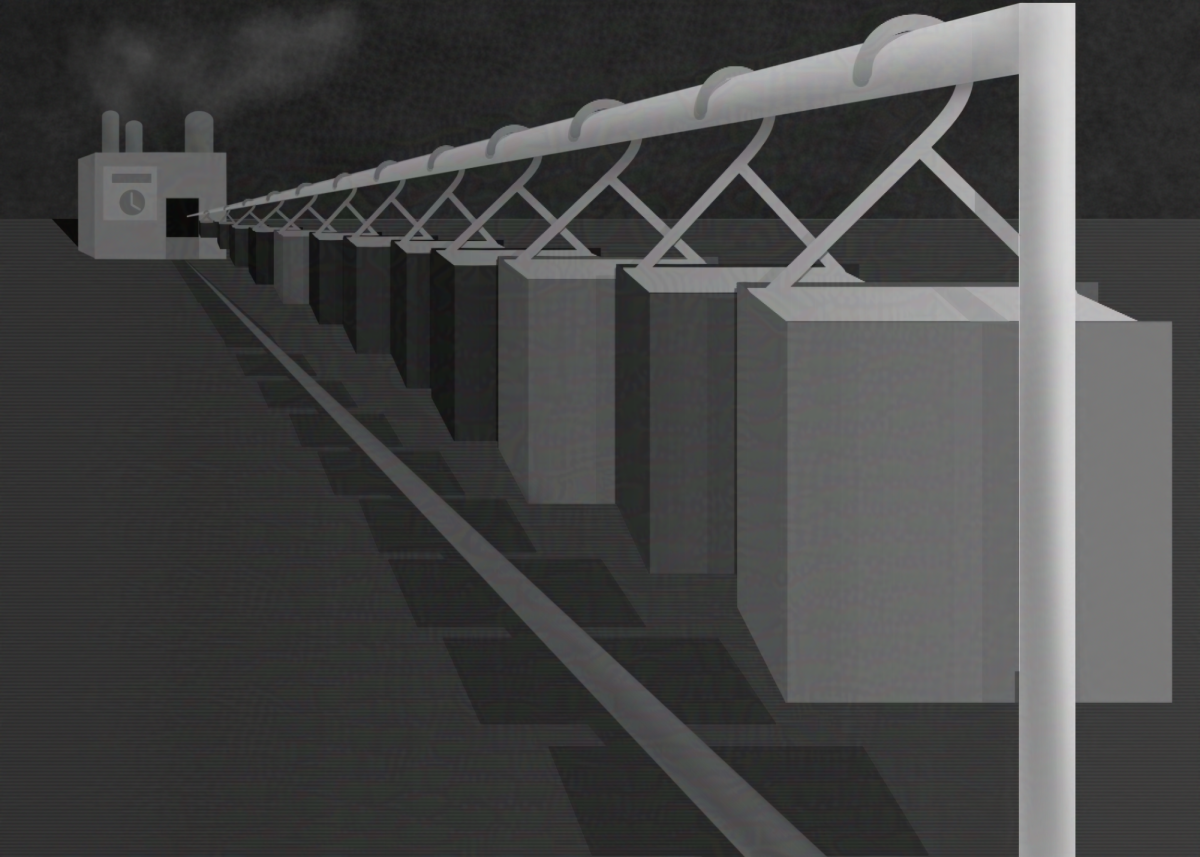An author accused of making anti-Semitic statements has been invited to speak at San Diego State.
On Sept. 29, SDSU’s Students for Justice in Palestine will host a discussion, “Palestine 101,” with Israeli author Miko Peled. Peled, the son of an Israeli general, has made a speaking career promoting non-violent resistance to the military occupation of the disputed territories in the West Bank.
Peled purports himself to be a “peace activist,” but he is not. Through Twitter and other social media, Peled regularly invokes ancient anti-Semitic tropes in his criticisms of Israel.
On Sept. 14, in response to the recently signed U.S.-Israeli aid package, Peled tweeted that Jews had a reputation for being “sleazy thieves.”
Peled’s tweet led to the cancellation of his speech at Princeton University. In a statement on Facebook, the Princeton Committee on Palestine wrote that Peled’s tweets were “anti-Semitic and hateful, (and) counterproductive to an educational event on the conflict.”
Leora Eisenberg, a Jewish freshman at Princeton University said that after his speech was cancelled, she was relieved.
“He is a bigot and an anti-Semite,” she said. “I was thrilled to see groups that claim to fight for human rights actually take their charge seriously by canceling his lecture.”
Then theyr surprised Jews have reputation 4being sleazy thieves. #apartheidisrael doesn’t need or deserve these $$ https://t.co/5DGjBmTDMN
— Miko Peled (@mikopeled) September 14, 2016
Israel doesn’t like rockets: free #Palestine https://t.co/rYqGw3sj99
— Miko Peled (@mikopeled) August 21, 2016
The most racist airport in the world. Time to stop their gestapo practices. https://t.co/4GZY8MWD22
— Miko Peled (@mikopeled) September 19, 2016
In the past year, Peled has tweeted that Israelis missed the “taste of Palestinian blood,” and compared Israel — the Jewish state — to Nazi Germany. He has advocated for continued missile attacks on Israel and Israelis and branded Israelis who serve in the IDF as “terrorists.”
His statement calling Israelis bloodthirsty regurgitates a centuries old anti-Semitic myth that accuses Jews of killing Christian babies for religious rituals. Worse, he justified his “sleazy thieves” accusation by saying that “for centuries Jews were portrayed as sleazy money lenders.”
Peled’s remarks and his upcoming visit have not gone unnoticed by Jewish students on campus.
“There is a line between anti-Zionism and anti-Semitism,” ISCOR junior Hilary Cohen said. “Peled has crossed that line. One can criticize Israel without using anti-Semitic rhetoric.”
Psychology junior Talia Raoufpur, who is Iranian and Jewish, said she was upset by the lack of attention his visit has garnered.
“Where are the activists who rose up against prejudice last semester?” she said.
SDSU has been the scene of several protests spurred on by activists that define the way our campus views oppression and identity.
In 2014, Take Back the Night drew attention to the violence college women uniquely face from rape culture.
In 2015, activists rallied to address several issues, such as faculty pay raises, racial injustice, economic inequality and Islamophobia, an intersection of issues that affect our students.
This year, when conservative writer David Horowitz posted fliers on campus branding members of Students for Justice in Palestine as “terrorists,” the hashtag #NoHateAtState became a rallying cry for students who wanted to fight back against racial profiling and Islamophobia. SDSU students were unified under a single message: Neither hatred nor bigotry would go unaccounted for and they were going to stand up against hatred and discrimination.
David Horowitz’ fliers accused SJP members of being terrorists and the campus rallied in solidarity. It is baffling and hypocritical for activists in SJP -— who know too well what it is like to be profiled -— to invite a speaker who similarly profiles Jews and Israelis.
SJP’s invitation to Peled suggests they accept and condone his anti-Semitism and that his rhetoric is something to be accepted, celebrated and pondered. Unacceptable.
This is an opportunity for a conversation and a reckoning with anti-Semitic speech and its ramifications. We are capable of having difficult, nuanced conversations about the conflict between Israel and Palestine without having to resort to anti-Semitic rhetoric.
Activists who are silent: speak up. Heed the words of the late Martin Luther King Jr., who said, “In the End, we will remember not the words of our enemies, but the silence of our friends.”








